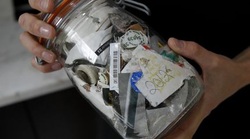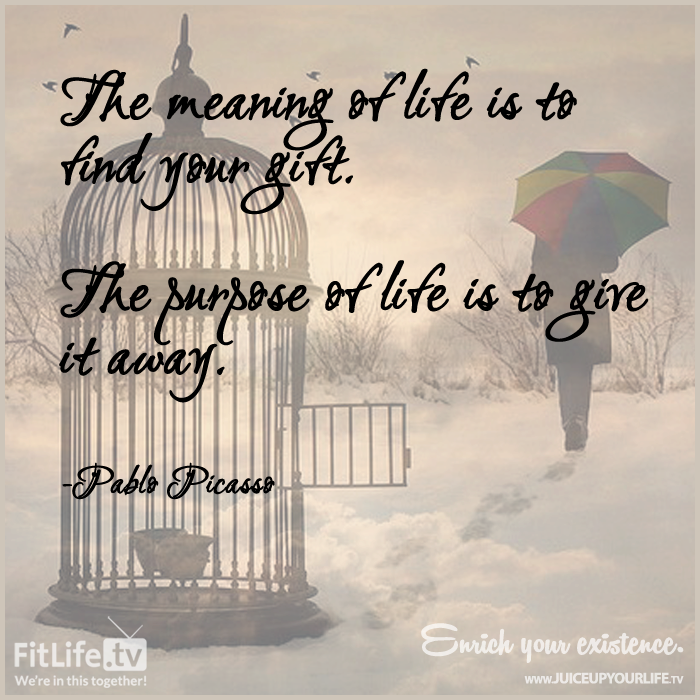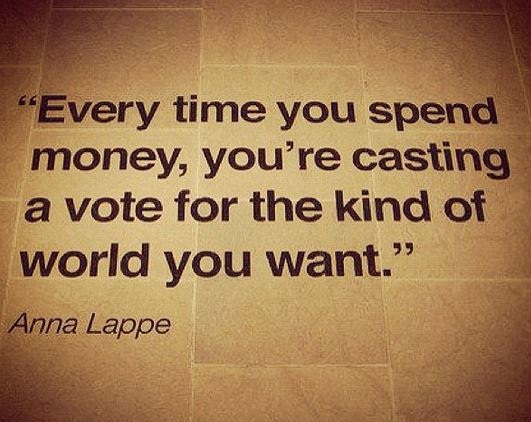
Inspiration can be a letdown when we think we can become Fred, or Dorothy Day, or John Paul II, or Mother Teresa. You’re not Mother Teresa and you’re not supposed to be. You’re supposed to be you. God has gifted you with an array of talents unique to you. Are you using them or trying to hijack someone else’s?
...Those WWJD bracelets asking, “What would Jesus do?” can be misleading. Following Jesus’ example is good and the Christian thing to do, but mere emulation is not Christian. A better question is, “What should I do?” The inspiration you get from the witness of Jesus’ life ought to inform how you utilize the talents and gifts you have — this is investing your talents. You and Jesus have different talents, given to you by God for different purposes. But, you and Jesus also share talents that can be discovered and put to use. Inspiration should uncover the talents that already exist within you. Investing them (using them) yields the uncovering of even more talents.



 RSS Feed
RSS Feed